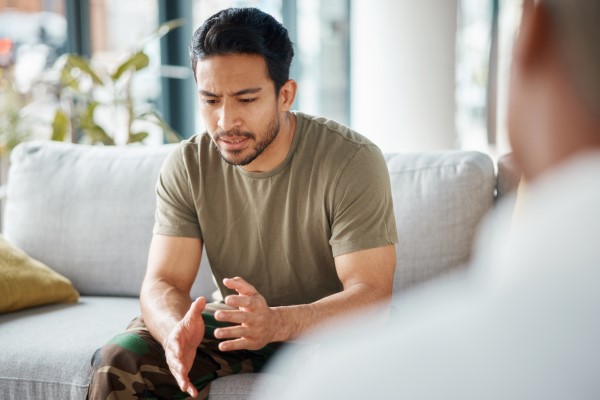Listening supports safety and a strong people culture. It’s something we can all learn to be better at.

Most of us believe we know how to listen. If someone wants to share something with us then we’re ready to step up and listen to them – a problem shared is a problem halved, after all. But what makes a good listener? Are we doing that? And why does it matter for safety?
Why we listen
When we listen, we may have an intention, an idea of why we are listening. Maybe we’re finding out information to help us carry out a task, or we’re trying to understand someone’s perspective of a situation. But it’s better to listen with no agenda, no expectation of what someone’s about to say. Then we can hear more and learn more.
Where we’re listening to understand or help, our focus is what we can do for other people. Even so, it’s worth checking that our expectations of a discussion don’t stop us from truly focusing on what the other person is saying, so we don’t miss out on valuable insight and understanding what will really help them. The insight might not even come from the words. Listening includes paying attention to gestures, expressions, and even what’s left unsaid.
In our daily lives, we’re likely to listen closely to those we care about, such as family, friends, and close colleagues. If someone’s having a tough time, we want to be there for them. Often, the best way we can do this is to listen.
Find out what good listening looks like, ways to listen well, and the impact listening effectively has, in our article for RailStaff magazine.
Read the article in full on the RailStaff website
Find out more
Tags
- Health and Wellbeing
